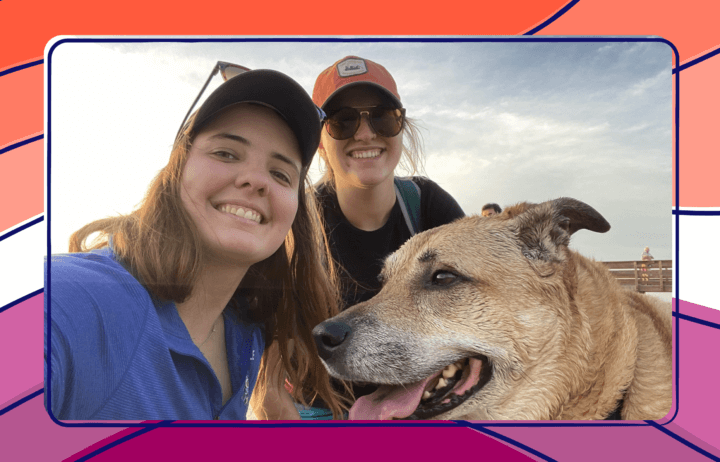The Power of Affirmation: Stories from Trevor Staff
Affirmation is life-giving. It is an incredibly powerful feeling to be understood, accepted, and celebrated for who you are, especially when understanding and affirmation are hard to come by. So many LGBTQ+ young people struggle to find that affirmation, whether at school, in their own homes, or with themselves. And holidays approaching reminds many LGBTQ+ young people of places they cannot be themselves. We deeply wish for every LGBTQ+ young person to have at least one person they can rely on for support (which is why we’re here 24/7) because we know affirmation saves lives
Staff at The Trevor Project come to the work with empathy and care because many of us have been through what many young people are still going through now. They know how life-giving affirmation can be from experience. Here are three stories from Trevor staff who shared how affirmation made the difference for them as LGBTQ+ young people.
Joseph Kwan (he/him)
During middle school and high school, I was part of the Scouts program where my journey of self-discovery was most significant. The scoutmaster played a foundational role in shaping the person I am today. He encouraged me to be and embrace myself, understanding that authenticity adds value, especially in moments when I felt pressure to conform. He saw potential in me that I hadn’t yet recognized in myself, encouraging me to explore various leadership roles. Each role served as a stepping stone, building my confidence and skills. He inspired me to find my own voice and path and has fueled my passion for empowering others to embrace their identities and lead with their unique perspectives.
Jessy Yohn (she/they)
I can confidently say that I wouldn’t be the person I am today if it weren’t for my sibling Alyx. Seeing them open that closet door and then bravely pave the winding way to find themself gave me the confidence to walk through that doorway and down that hall to find myself also. Alyx did all of the hard work, coming out over and over again to different people in different environments since middle school. I was a late bloomer (first coming out in college), but whenever I was curious about something, they were always there with an answer that they had learned for themself along their own journey. If we hadn’t grown up together, I’m not sure I would have the insight that I have now because of them. I’m forever grateful to have not just a big sib through Alyx, but a mentor and a best friend.
Sadaaf Mamoon (they/them)
I grew up queer, Brown and Muslim in the Deep South, and affirmation (in any avenue) proved pretty hard to come by. I don’t know where I’d be without my siblings, who saw me and held me in all my complexities, from the moment I allowed them to. We didn’t have an easy childhood, and their unfaltering love, openness to feedback and endless bandwidth for unpacking our intersections, despite it all, has meant the world. They consistently strove to understand things that they struggled to. And that curiosity in my experience and how it interacts with their own — that show of respect for my humanity — kept me going. They really cared about me, when a whole lot of people demonstrably didn’t, and that was really cool!


